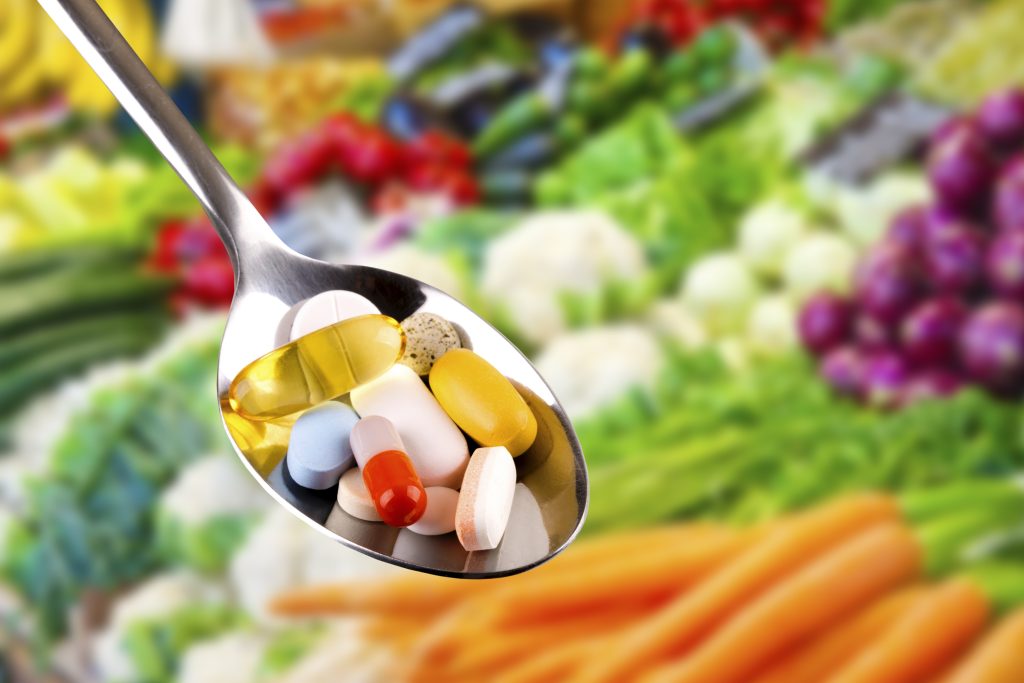In recent years, there has been a significant increase in the number of people adopting a vegan lifestyle for health, ethical, and environmental reasons. With this shift towards plant-based living, many individuals are concerned about getting enough protein to support their fitness goals. However, with the abundance of plant-based protein sources available, achieving optimal protein intake as a vegan is very achievable.
Protein is essential for building and repairing muscle tissue, supporting immune function, and maintaining healthy skin, hair, and nails. While animal products like meat, dairy, and eggs are commonly associated with protein, there are plenty of plant-based alternatives that are equally as nutritious and delicious.
Here are some of the best plant-based protein sources for vegan fitness enthusiasts:
1. Legumes: Legumes, such as lentils, chickpeas, black beans, and kidney beans, are excellent sources of protein for vegans. They are also high in fiber, vitamins, and minerals, making them a nutritious addition to any plant-based diet. In addition, legumes are very versatile and can be incorporated into a variety of dishes, including soups, stews, salads, and dips.
2. Tofu: Tofu, also known as bean curd, is a popular plant-based protein source that is made from soybeans. It is low in calories and high in protein, making it an excellent option for vegans looking to increase their protein intake. Tofu is also a great source of iron, calcium, and magnesium, making it a nutrient-dense addition to any vegan diet.
3. Tempeh: Tempeh is another soy-based protein source that is popular among vegans. It is made from fermented soybeans and has a nutty flavor and firm texture. Tempeh is high in protein, fiber, and probiotics, making it a great choice for gut health. It can be grilled, baked, or stir-fried and added to sandwiches, salads, or bowls.
4. Seitan: Seitan, also known as wheat gluten or wheat meat, is a meat substitute made from wheat protein. It is a high-protein, low-fat food that is popular among vegans and vegetarians alike. Seitan has a meaty texture and can be seasoned and cooked in a variety of ways, making it a versatile ingredient for plant-based dishes.
5. Quinoa: Quinoa is a gluten-free grain that is high in protein and contains all nine essential amino acids, making it a complete protein source for vegans. It is also a good source of iron, magnesium, and fiber. Quinoa can be used in salads, soups, stir-fries, and bowls, making it a versatile and nutritious addition to any plant-based diet.
6. Chia seeds: Chia seeds are tiny but mighty seeds that are high in protein, fiber, omega-3 fatty acids, and antioxidants. They are a complete protein source and can easily be added to smoothies, oatmeal, yogurt, and baked goods for an extra boost of nutrition. Chia seeds can also be used to make chia pudding, a delicious and healthy dessert option.
7. Hemp seeds: Hemp seeds are high in protein, omega-3 fatty acids, and essential minerals like magnesium and iron. They have a nutty flavor and can be sprinkled on salads, yogurt, oatmeal, and smoothie bowls for added crunch and nutrition. Hemp seeds can also be used to make hemp milk, a dairy-free alternative to cow’s milk.
8. Nuts and nut butter: Nuts, such as almonds, walnuts, and cashews, are high in protein, healthy fats, and vitamins and minerals. They are a convenient and portable snack option for vegans on the go. Nut butter, such as almond butter and peanut butter, can be spread on toast, fruit, or crackers for a quick and satisfying protein boost.
9. Soy milk: Soy milk is a plant-based milk alternative that is fortified with calcium, vitamin D, and vitamin B12. It is a good source of protein and can be used in place of cow’s milk in coffee, smoothies, cereal, and baking. Soy milk is available in a variety of flavors, including original, vanilla, and chocolate.
10. Spirulina: Spirulina is a blue-green algae that is high in protein, vitamins, and minerals. It is a complete protein source and contains omega-3 fatty acids and antioxidants. Spirulina can be added to smoothies, juice, or water for a nutrient-dense boost of energy.
In conclusion, achieving optimal protein intake as a vegan is very achievable with the abundance of plant-based protein sources available. From legumes and tofu to quinoa and hemp seeds, there are plenty of nutritious and delicious options for vegans looking to support their fitness goals. By incorporating a variety of plant-based protein sources into your diet, you can fuel your body with the nutrients it needs to thrive and achieve optimal health and wellness as a vegan fitness enthusiast.

